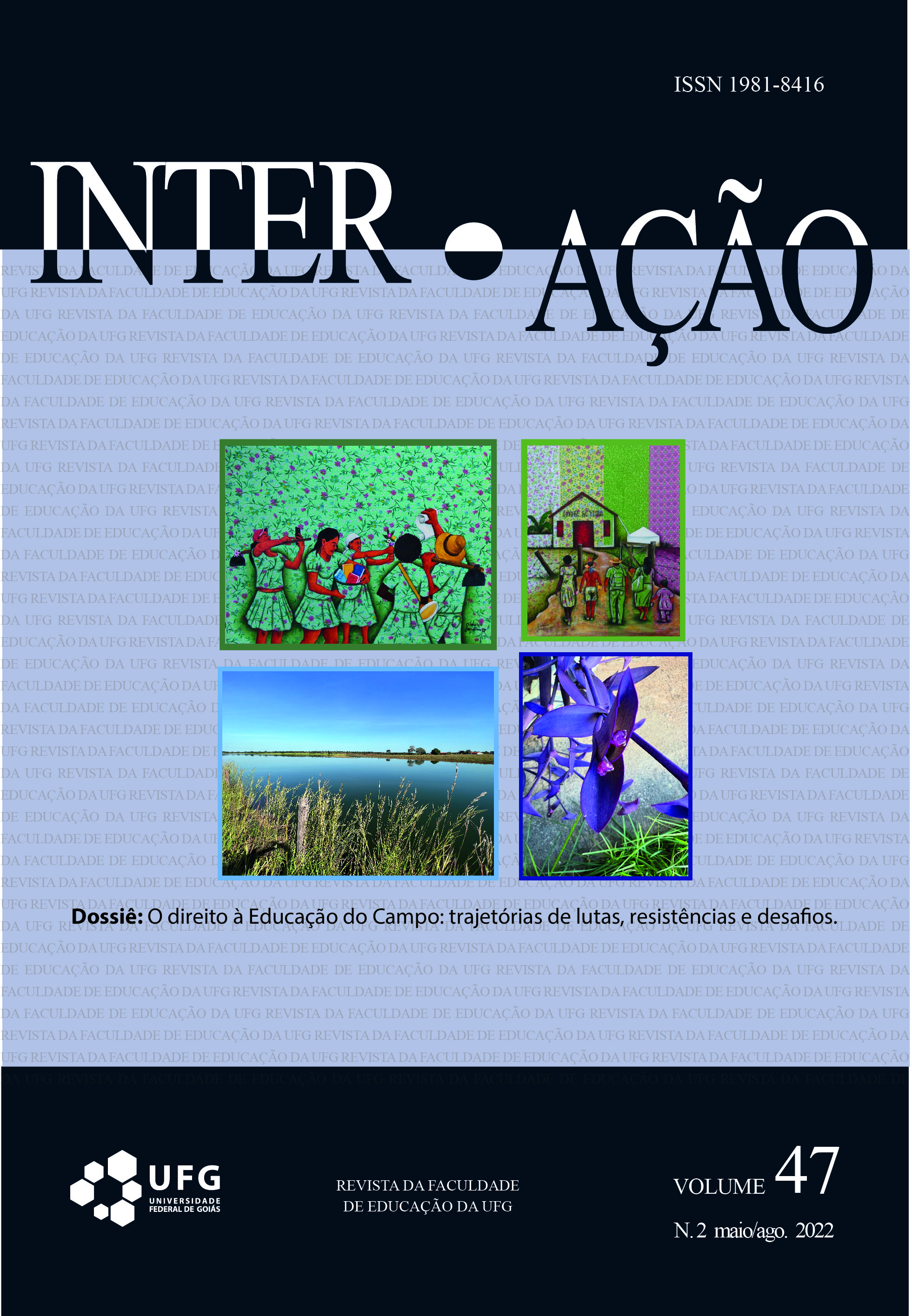EDUCATIONAL POLICIES AND CONTEMPORARY IDENTITIES: THE WORLD EDUCATIONAL SYSTEM
DOI:
https://doi.org/10.5216/ia.v47i2.71269Abstract
This article aims to reflect how is the world educational system (Azevedo, Joaquim, 2007) and the action of multilateral organizations influence the schooling agendas of national policies.Its also intends ponder the setbacks in educational policies, guided by neoliberal and neoconservative policies in contemporary times (AGUIAR, 2018; BALLESTRIN, 2013; CISLAGHI, 2019; FREIRE, 1997) that cross the constitutions of contemporary identities in Hall's vision (2003; 2006) and Bauman (2001; 2005). To this end, this text is a bibliographic review of exploratory feature from the perspective of Gil (2010). It is concluded that the global educational system is a historical process in which international organizations promote convergences among countries, standardizing education and the subjects involved in these global contexts are challenged by these issues, which compose and fragment it.
KEYWORDS: Education. Globalization. Identities. World Education System.
Downloads
Published
How to Cite
Issue
Section
License
Copyright (c) 2022 Kelly Cristina Rodrigues Gularte da Silva

This work is licensed under a Creative Commons Attribution-NonCommercial 4.0 International License.
Inter-Ação uses the Creative Commons Attribution 4.0 License for Open Access Journals (Open Archives Initiative - OAI) as the basis for the transfer of rights. Open access means making documents available on the Internet free of charge, so that users can read, download, copy, distribute, print, search, or link to the full text of documents, process them for indexing, use them as input data for software programs, or use them for any other lawful purpose, without financial, legal, or technical barriers.
Authors publishing in this journal agree to the following conditions:
1) Authors retain copyright and grant the journal the right of first publication, with the work simultaneously licensed under the Creative Commons Attribution License, which permits redistribution of the work with attribution and first publication in this journal.
2) Authors are permitted to enter into additional, separate agreements for non-exclusive distribution of the version of the work published in this journal (e.g., for publication in an institutional repository or as a book chapter), with attribution and first publication in this journal.
3) Authors are permitted and encouraged to publish and distribute their work online (e.g. in institutional repositories or on their home page) at any time before or during the editorial process, as this may generate productive changes as well as increase the impact and citation of the published work.















